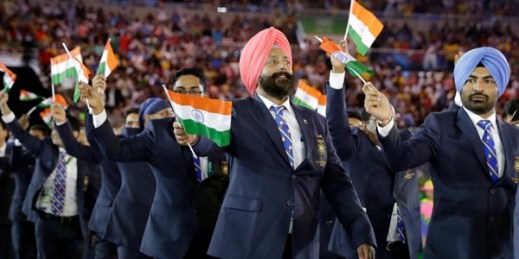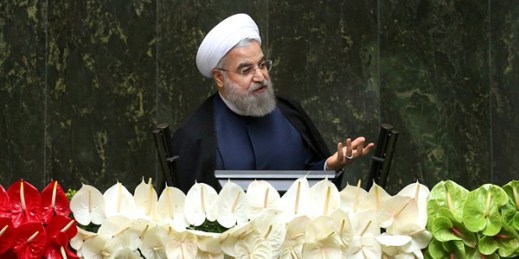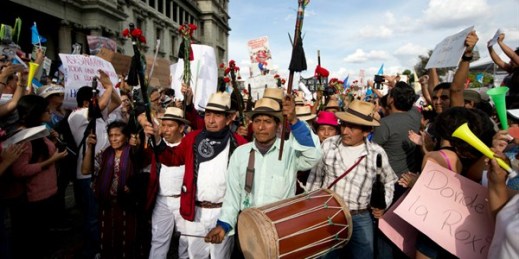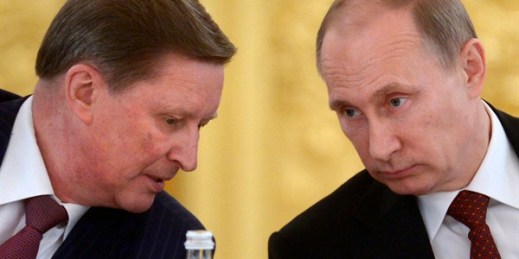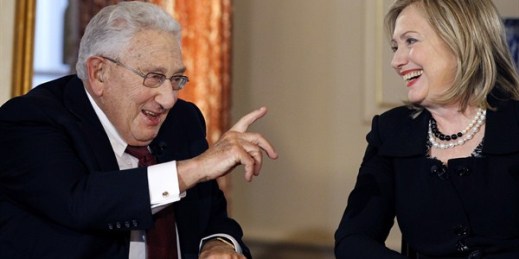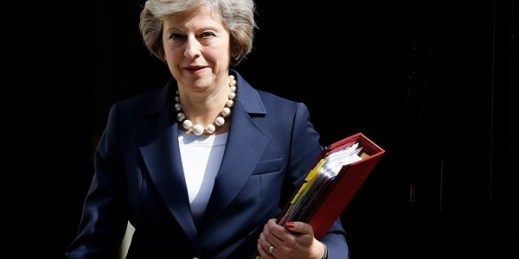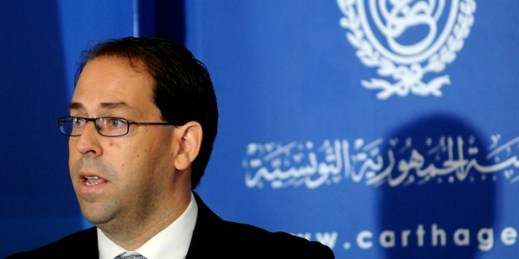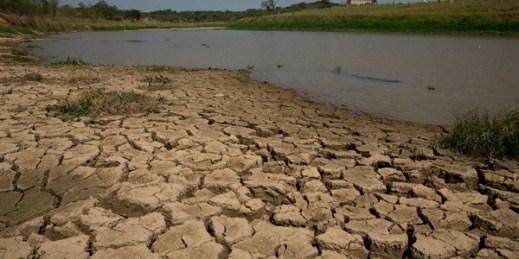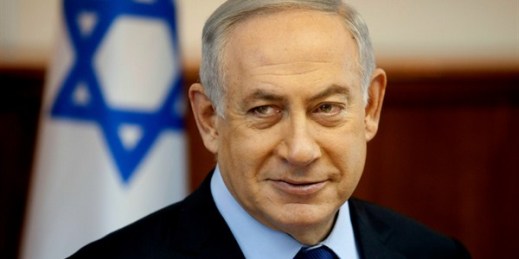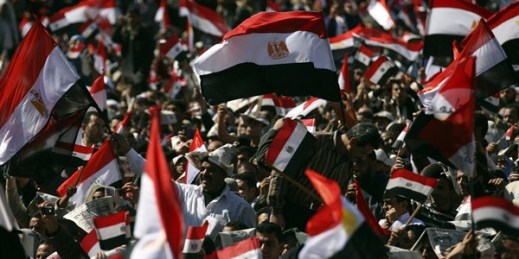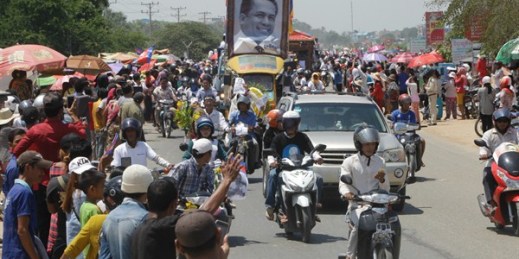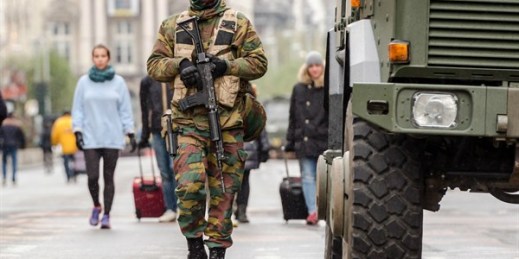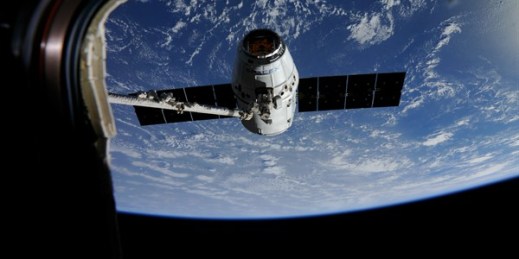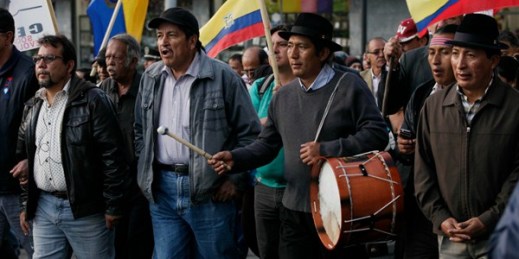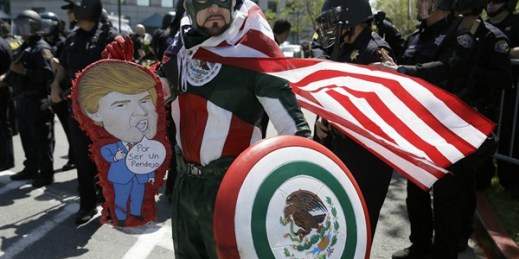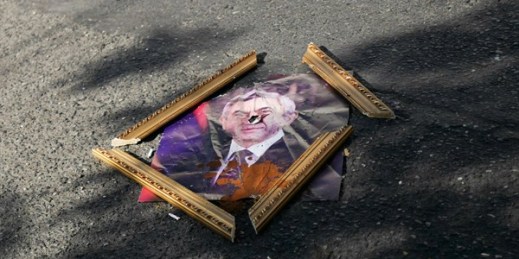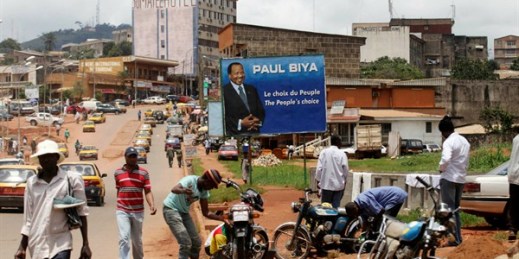
YAOUNDE, Cameroon—In June, gay rights activists in Cameroon were dealt a disheartening setback. While revising the Central African country’s penal code, parliament voted to retain a notorious anti-gay provision dating back to 1972. Under the law, known as Article 347 bis, which has enabled the prosecution of dozens of Cameroonians in recent years, same-sex sexual acts between consenting adults are punishable with fines of more than $300 dollars and prison terms of up to five years. Though some lawmakers privately question whether policing alternative sexualities should be a government priority, none was willing to take this position publicly. The only […]

